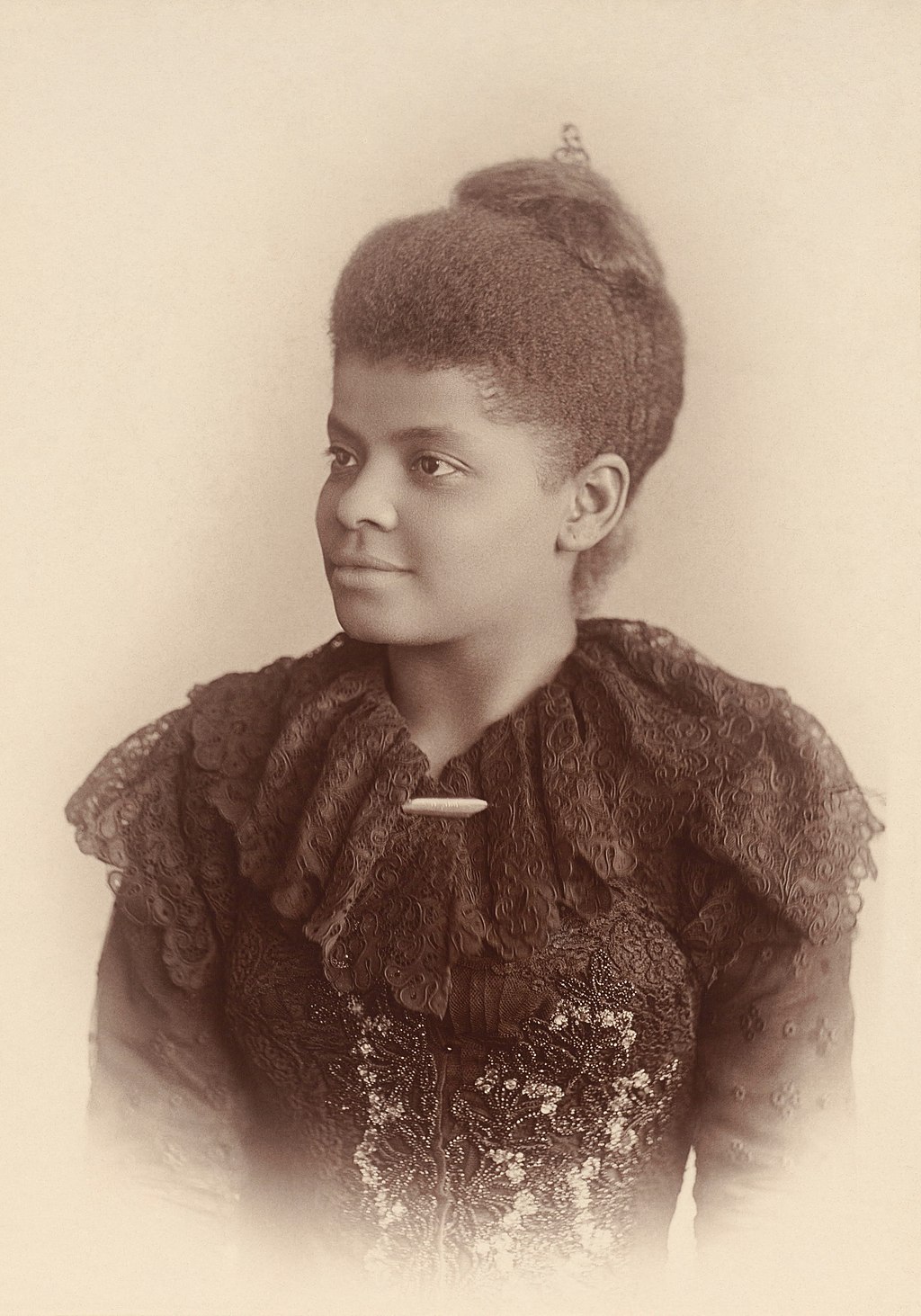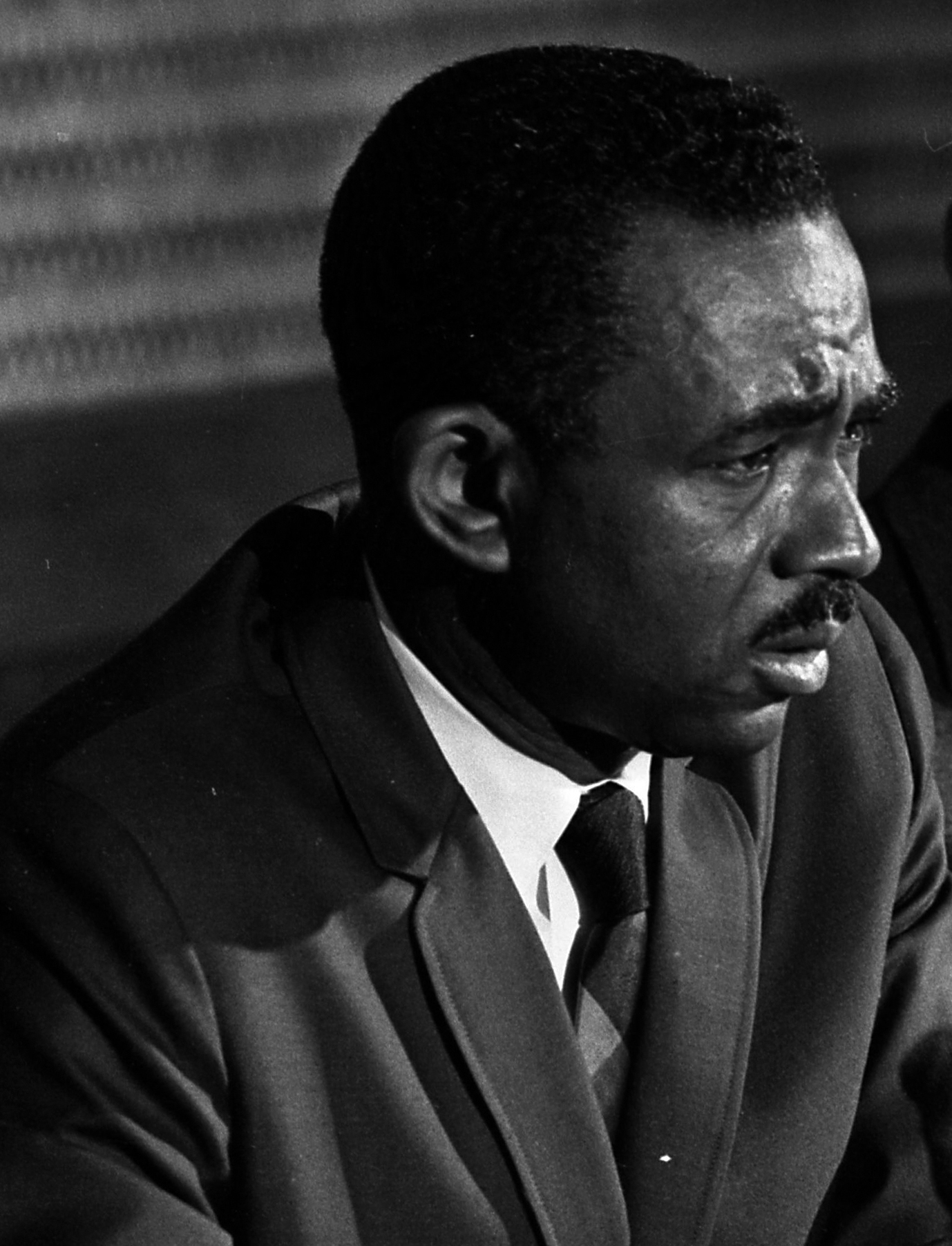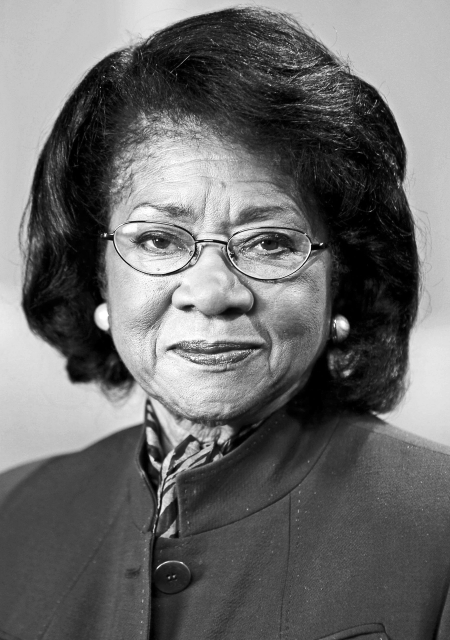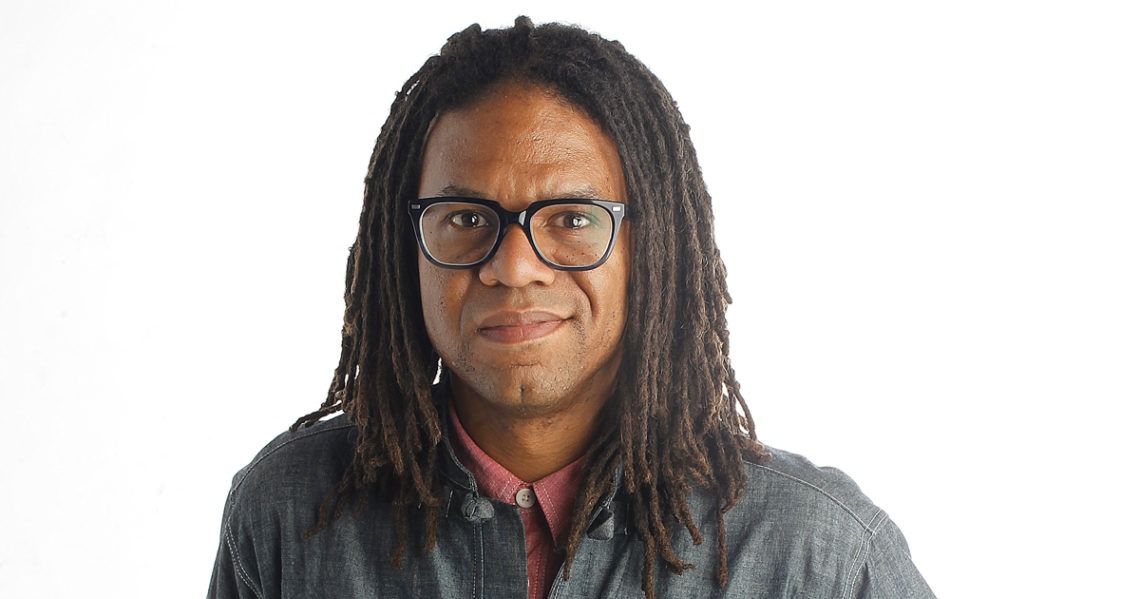Recognizing and Celebrating the Impact of Iconic Black Journalists
By Kateryna Malch
Since 1976, the United States has celebrated Black History Month, dedicating February to black people’s memorable contributions and outstanding achievements. Their resilience and brilliance, from leaders and innovators to artists and activists, have profoundly shaped our world today.
Each year, there is a unique theme for the celebration, this year’s being “African Americans and the Arts.” The Guardsman complied the legacies of pioneering African American journalists in and out of the Bay Area to honor and recognize their achievements.
Ida B. Wells

Ida Bell Wells was an iconic figure in American investigative journalism, as well as an educator, suffragist, and an early leader in the civil rights movement.
Wells was one of the most influential and pioneering figures in the field of journalism. Born into slavery on Jul 16, 1862, in Holly Springs, Mississippi, Wells defied racial and gender barriers to become a prominent civil rights activist and investigative journalist during the late 19th and early 20th centuries.
Wells fought for women’s suffrage, particularly for Black women. In 1909 she co-founded the National Association for the Advancement of Colored People (NAACP). She played a crucial role in the women’s rights movement and battled for equality regardless of race and gender.
Throughout the 1890s, Wells exposed a series of groundbreaking articles about lynching black people in the South. This work led to Wells being known as a fearless investigator who was forced into the fight against racial injustice.
Wells owned a third of The Memphis Free Speech, a newspaper that served the local African American community. Wells edited the publication, where she published many of her investigative works and articles about racial segregation and inequality.
In 2020, 89 years after her death, Wells was honored with a Pulitzer Prize Special Citation recognizing her contribution to investigative journalism and reporting about the violent era of lynching of African Americans in the 20th.
Wells’ legacy remains a testament to the power of journalism as a tool for social change and her unwavering commitment to justice and equality for all.
You can learn more about the life and journalistic work of Wells by reading “Ida B. the Queen The Extraordinary Life and Legacy of Ida B. Wells” written by Michelle Duster, available at the San Francisco Public Library.
Carlton Benjamin Goodlett

Carlton Benjamin Goodlett was born on Jul. 23, 1914, in Chipley, Florida. Goodlett worked in many different trades: An American physician, newspaper publisher, political power broker, and civil rights activist in San Francisco, his life was filled with passion for medicine, journalism, and fighting for the equal rights of black people.
Goodlett got a bachelor’s degree in 1935 from Howard University in Washington, D.C. In 1938, he became one of the first African Americans to earn a Ph.D. in psychology from the University of California at Berkeley. In 1944, he finished his Doctor of Medicine degree at Meharry Medical College in Nashville. Goodlett returned to San Francisco in 1945 and opened a medical practice to serve the black community in the city.
In addition to medicine, he was interested in journalism. In 1948, Goodlett became co-owner of The Reporter (now The Sun-Reporter,) a weekly newspaper serving the African American community in San Francisco.
As an editor and publisher, he used his platform to advocate for civil rights. The Sun-Reporter was a vital voice for the African American community in San Francisco, addressing diverse issues from police brutality to social justice.
Goodlett served three terms as president of the National Newspaper Publishers Association (Black Press of America). In addition to his journalistic work, Goodlett was deeply involved in civil rights organizations and political movements. He served as president of the San Francisco chapter of the National Association for the Advancement of Colored People (NAACP). He played a significant role in desegregating public schools and fighting for fair employment practices.
During his life, Goodlett led boycotts of businesses that discriminated against people of color and participated in student protests at San Francisco State University. He was one of the most influential black men in San Francisco who fought for civil rights, securing jobs for African Americans and demanding improvements in public housing.
On January 18, 1999, the San Francisco Board of Supervisors voted to change the official address of San Francisco’s City Hall to 1 Carlton B. Goodlett Place, honoring his many achievements.
Belva Davis

Belva Davis is an award-winning journalist known for her groundbreaking work in the San Francisco Bay Area. She is the first African American woman to become a news anchor on the West Coast.
Davis was born on Oct. 13, 1932, in Monroe, Louisiana. Her family moved to Oakland when she was eight. Davis graduated from Berkeley High School and got accepted into San Francisco State University, but her family couldn’t afford it.
In 1957, Davis got her first job as a freelancer at the magazine Jet, a publication out of Chicago that covered African American news and culture. The gig earned Davis $5 for a piece without bylines. In the following years, Davis wrote for local African American newspapers The Sun Reporter and the Bay Area Independent.
Davis’ broadcasting career began in 1961 when she worked at KSAN (now KEST), a San Francisco radio station. Davis also performed at different radio stations in the Bay Area, including KDIA and KNEW. She made public service announcements to KNEW listeners, becoming known as “Miss KNEW.”
Davis has won eight local Emmy Awards and received lifetime achievement awards from the American Women in Radio and Television and National Association of Black Journalists for her reporting on.
In 2010, Davis and Vicki Haddock published an autobiography, “Never in My Wildest Dreams: A Black Woman’s Life in Journalism, ” which can be borrowed from the San Francisco Public Library.
Otis R. Taylor

Otis R. Taylor Jr. is a journalist, columnist, and editor known for his writings at KQED and The San Francisco Chronicle. With a broad background in reporting, Taylor brings knowledge from his previous position into today’s news.
Now he focuses on diversity and equality issues, delving into the rich history, culture, and politics that define the East Bay. Taylor also writes columns about race, housing, policing, immigration, and reparations for African Americans in the U.S.
Taylor began his path as a sports reporter in South Carolina, moving into art, culture, and entertainment while reporting at The State Media Company. He then moved to the San Francisco Chronicle, working as their East Bay columnist for almost five years.
In 2020, Taylor earned the title of Journalist of the Year from the Northern California Society of Professional Journalists chapter for drawing attention to police brutality and the tragic officer-involved killing of George Floyd in Minneapolis.
In 2021, he started his job at KQED as a Supervising Senior Editor of Race and Equity, focusing on the role of systemic injustice in journalism, working with reporters and senior editors to bring cultural competency to story production and editing.
Now, Taylor is managing editor of six reporting desks at KQED, lead editor on enterprise and investigative reporting projects, and launched Reparations in California, a project chronicling the work of California’s statewide reparations task force.
